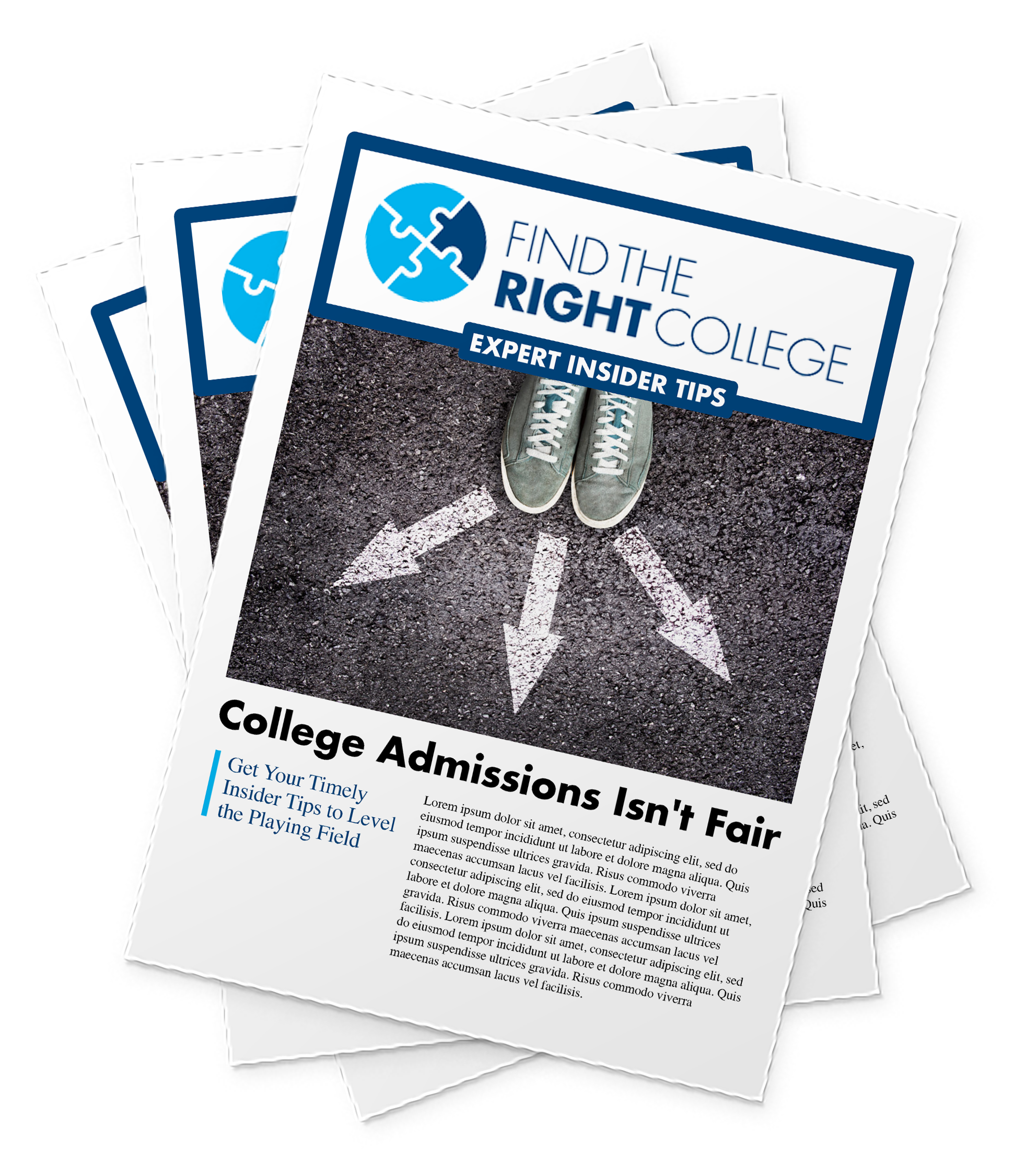In today’s rapidly shifting world, the value of a high-quality education is reaching new heights—and (probably) not for the reasons you might expect.
This value isn’t tied to a debate about political ideologies or a Red vs. Blue issue. Instead, it’s a story shaped by demographic shifts, cultural skepticism, and the relentless pace of technological innovation.
The Demographic Cliff: Fewer Students, Fewer Graduates
Let’s start with the numbers. The “demographic cliff” refers to the sharp, 15-year decline in the number of college-age students across the United States. Birth rates have fallen, and as a result, fewer young people are entering college. This long-term trend – among other things – is reshaping the landscape of higher education.
Growing Skepticism: Is College Worth It?
Concurrently, skepticism about the value of a college degree is on the rise. With stories about student debt and high-profile dropouts making headlines, more families are questioning whether college is the right path. This skepticism has led to a noticeable drop in college enrollment, as more young people opt for alternative routes into the workforce. Though they may be finding jobs in the near-term, will the trades they learn today be valuable in 10 years?
The COVID Effect: Lost Momentum
The Pandemic accelerated these trends. Many students who started college during the Pandemic struggled with remote learning, isolation, and uncertainty. Dropout rates spiked, which decreased the number of college graduates entering the workforce.
Living Longer, Learning Less?
The aforementioned trends converge at a time when people are living longer and fewer Baby Boomers remain employed. They’ve retired. And younger generations should live even longer. In turn, the working-age population with a high-quality education is shrinking and will continue to do so; this creates a unique challenge for our country (as well as others).
The Age of Innovation: Minds in Demand
Not to state the obvious, but we’re living in an era of stunning technological innovation. Artificial intelligence, biotechnology, and automation are transforming industries at a hard-to-fathom pace. Navigating these changes requires more than just technical skills; it demands active, engaged minds—people who can think critically, adapt quickly, communicate effectively and identify multiple sides to an argument.
Dynamic Thinkers Win
Bottom line: As the pool of well-educated, working-age individuals declines, their value soars. Those who have received a high-quality education—who have learned to embrace open-mindedness, adapt to change, communicate effectively and think nimbly—are at a premium and will remain in the catbird seat for years to come. Dynamic thinkers will be better equipped to thrive in a world defined by uncertainty and innovation.
Education is Now an Even Better Investment in the Future
The value of a high-quality education is on the rise. It’s not just about earning a diploma; it’s about cultivating the skills and mindset needed to navigate a complex, ever-changing world. As demographic and cultural shifts reduce the number of college graduates in the workforce, those who carefully navigate their college search and receive a great education will find themselves more in demand—and more essential—than ever before.
Fitz has dedicated the entirety of his 28 year career to encouraging higher education opportunities. He worked in the Vanderbilt, Duke Law and St. Lawrence admissions offices prior to serving as an enrollment management consultant for 200+ selective colleges around the country. He created Find The Right College to make trustworthy college counseling more accessible. Fitz is also the father of two teens so he also understands first-hand the challenges associated with a college search.



